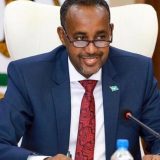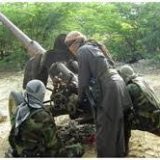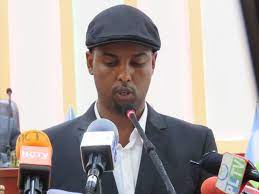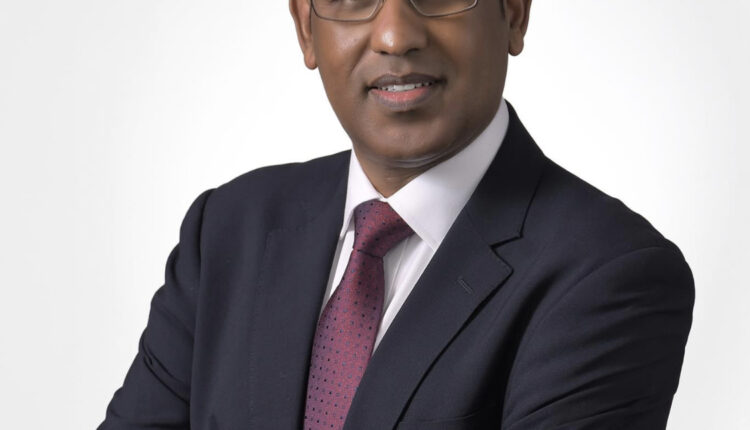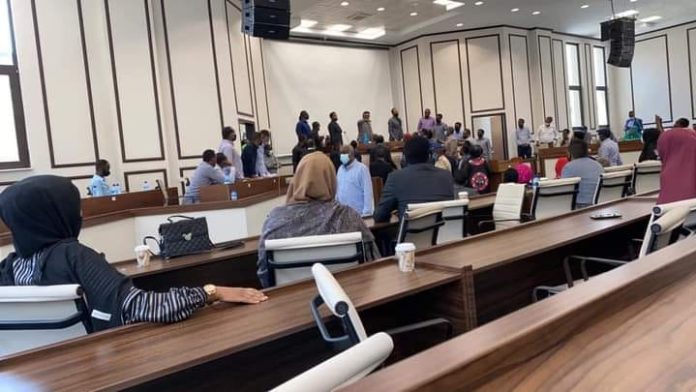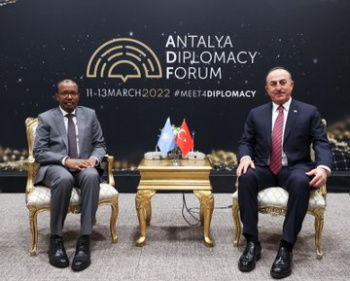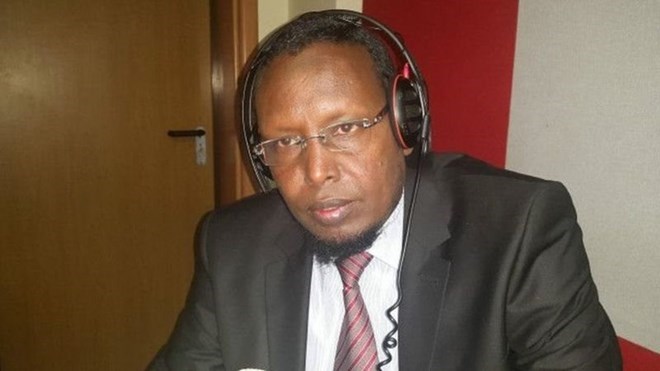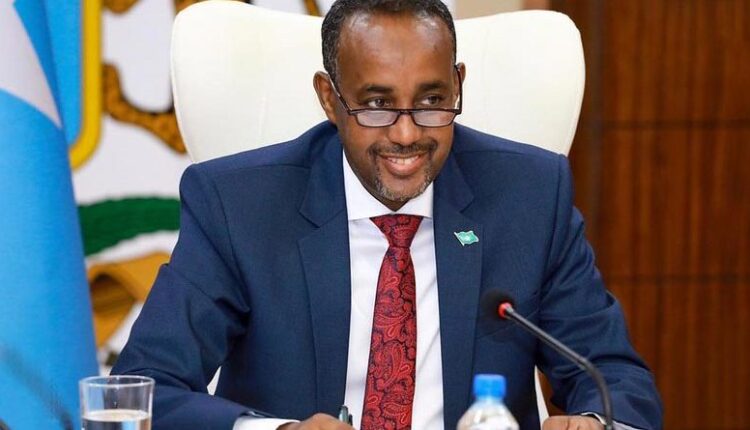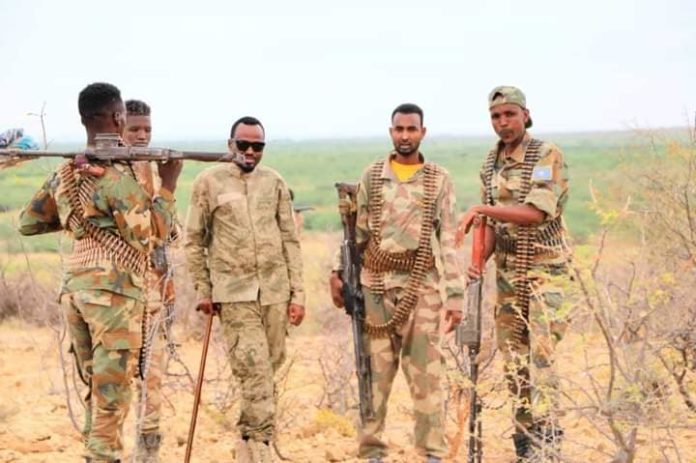Somali pirates are “not defeated but dormant,” says Puntland’s Minister for Maritime Transport

Contributor: Defence IQ Press
Posted: 12/15/2014
Hon. Abdalla Jama Saleh is the Minister of Maritime Transport, Ports and Counter Piracy for Puntland. He is charged with leading the country’s counter piracy efforts by working with the international community to fight piracy inland and along the coast of Puntland. He spoke to Defence IQ about the decline of piracy off the Somali coast and how that has given rise to new maritime challenges in the Gulf of Aden…
Defence IQ: Piracy in the Gulf of Aden has fallen dramatically in the last few years – what are the main reasons for this? What have been the key lessons learned during this period?
Hon. Adballa Jama: The success against piracy is down to cooperation between at us and the international community. We fought with the pirates inland at their hideouts and points of gathering. We used force on certain occasions; we used religious guidance by preachers stating that piracy is forbidden and any income directly or indirectly is illegitimate and absolutely forbidden. We successfully reached the point that they could not buy properties or marry with the piracy money. Besides that anybody caught by the international armada was given a long prison term. The international navy presence in the area was a major factor too.
What else can be done to continue to reduce the threat of piracy in the region?
To totally eradicate piracy we must support and develop the livelihood of the coastal inhabitants and provide them wit fishing gear, market accessibility for their products, train them with better fishing techniques and help them educate their children and give them access to basic medical facilities. In many areas they don’t have potable water and lack all basic infrastructure. A lot of areas are landlocked and can only be reached by boat.
Another important point is to build up the Somali Coast guard along the coastline to have stations with boats, communications, and radars to identify and intercept any illegal activity and at the same time have a database for all sea ferries. It will be the duty of this force to guard and help the fisherman and all sea travelers in their area of control. For instance, in Puntland we need at least eight stations to take complete control of our seas which stretches from Garad to Laskorey.
Have you seen a rise in other types of crime that has spawned out of the piracy threat? How is Puntland tackling these new challenges?
Definitely yes. Illegal fishing in its highest level as well as drugs, arms smuggling, human trafficking and terrorists going back between East Africa and Arabian Peninsula.
Some of the pirates changed tact when they realised the consequences of piracy and instead resorted to all the above activities in association with international gangs and drug kingpins. NATO ships are reporting illegal fishing at its highest level but said they don’t have any mandate to interfere. They said they see it happening but can’t do anything without a UN mandate. Puntland cannot control its waters because we lack speed boats and surveillance aircrafts. We cannot save lives in disastrous situation in and around our shores.
How important is cooperation between regional governments and militaries to combat maritime threats? Is Puntland State of Somalia working with neighbours to tackle these issues?
The cooperation between us and neighbours is not good for some political issues and there is lack of cooperation among the regional states and neighboring countries as well. But with the international community we’ve full cooperation and communication at all time.
The Djibouti Code of Conduct was established as a framework to combat piracy in the region – how effective do you think the agreement has been? Does the agreement now need to be built upon to widen the scope of maritime security cooperation and if so, what are the key aspects it should consider in the future?
What we need is practical team work not beautiful communiqué and statements without follow up and commitment. As Puntlanders with our very limited resources, we’re committed to abide to what has been agreed upon. The ctf 508 of NATO is the most active ship in our seas and we provide them all the cooperation they ask for. Besides that we have constant communication at all times. EucapNestor has been very helpful in training our port police and so far trained 50 police cadets for 6 weeks in two groups.
The fact is that Somalia’s present government can’t and will not be able to control this country’s long coastline for years to come so the alternative is to support the regional states in taking command and responsibility of their waters.
What will the future maritime security roadmap look like for the next 10 years – what is the key to success? Will Puntland acquire more assets to combat maritime crime?
It all depends on what happens in Somalia during the coming years. If Somalia becomes a country of law then there will be a peace and stability in the region’s seas but with Somalia like this the safety of the surrounding seas and oceans will never be safe. The pirates are not defeated but dormant and if things remain like this I’ll not be surprised to see them arise in a more complex and lethal way. With Al-Shabab and Al-Qaeda in the area the world should be on a constant alert in this volatile region.
Why do you feel the AFSEC conference is important for Puntland at this time? What are you hoping to achieve at the event?
Our participation in the AFSEC conference will help us find out the achievements made since the last conference and what needs to be done in the future. We will present our viewpoint, our difficulties in piracy, illegal drugs, arms smuggling and human trafficking including terror suspects.
To overcome the difficulty of piracy, drugs, illegal trafficking, arms smuggling and terror movements at sea, states like Puntland and Somaliland need to get speed boats, radars, adequate equipment and proper training for coast guards. They definitely need financial support, logistics, supervision and constant evaluation in order to know that everything is working according to plan.

